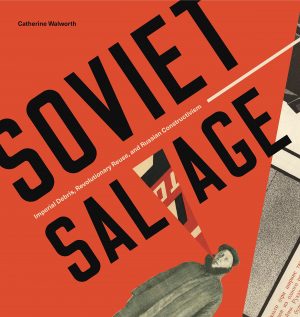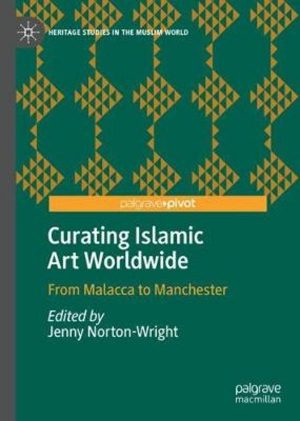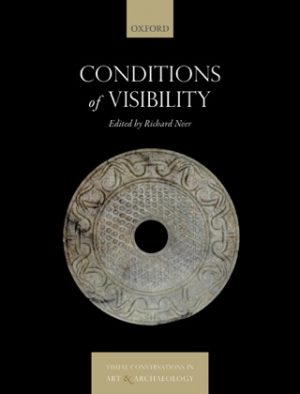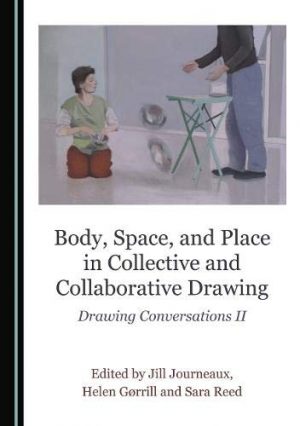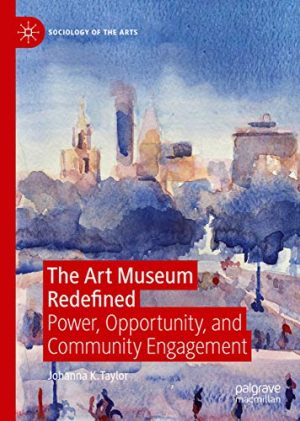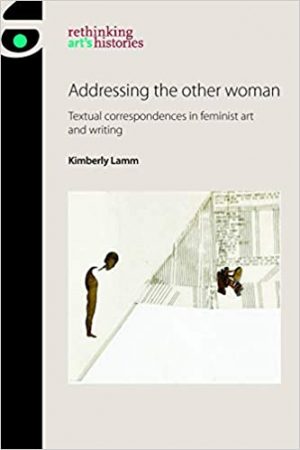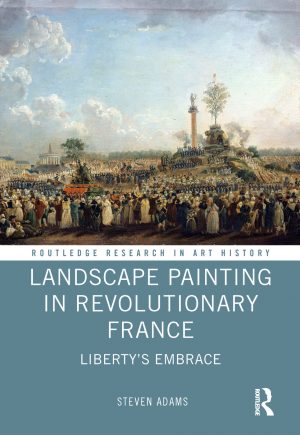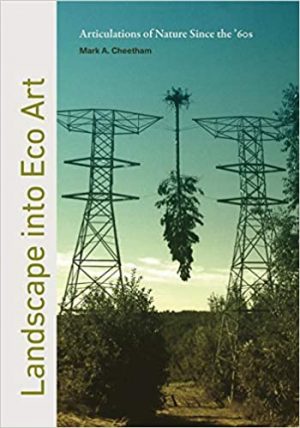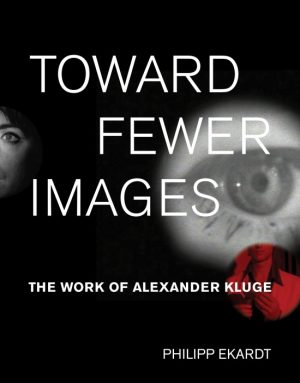Tag: online resources
Sourcing the Past with the Dizionario Biografico degli Italiani
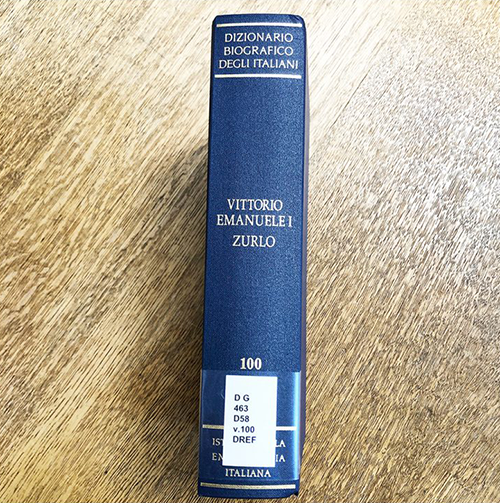
The publication of the hundredth (and final) volume of the Dizionario Biografico degli Italiani (Dbi, Biographical Dictionary of the Italians) last year by Istituto della Enciclopedia Italiana (Istituto Treccani) is a momentous occasion that may have been overshadowed by the global pandemic when libraries were shuttered and cataloging backlogs amassed. In the spirit of other European projects such as the Dictionary of National Biography (UK), the Diccionario biografIíco español (Spain), and the Allgemeine Deutsche Biographie (Germany), this ambitious biographical dictionary was conceived in 1925 with national-patriotic criteria in mind during the first phase of the National Fascist Party’s consolidation of power in Italy. Because of setbacks during and following World War II, the first volume did not appear in print until 1961 yet nearly every year thereafter, at least one or two volumes were added to the evolving reference set.
The enterprise endeavored to include the most illustrious figures in the history of Italy from the fall of the Western Roman Empire to the present day. Responding to the needs of the digital age, these 40,000 scholarly entries with sources and bibliographies have been made freely available online (but not free of ads) and integrated with other reference works they publish. While new entries are added to the online portal which also comprises Enciclopedia dell’Italiano, Dizionario di Filosofia, Enciclopedia Machiavelliana, Enciclopedia del Cinema, etc., entries in the print tomes are subject to the era in which they were authored. One of the conditions for inclusion in the Dbi is that of being deceased. According to its current director Raffaele Romanelli, the work is doomed to bear witness only to the past if worthy cultural figures are overlooked. He explains, “I have here a ready list of Italians who passed away this year: Alberto Arbasino, Franca Valeri, Rossana Rossanda. Will they all be destined for exclusion?”
The neo-Hegelian idealist philosopher, educator, and fascist politician Giovanni Gentile, who was also director of the Enciclopedia Italiana, referred to the work as “the golden book of the Italian stock.” In recent years, the notion of relevance has expanded to the world of business, technology, even of media and fashion, and includes previously unthinkable icons such as gay activist playwright Mario Mieli, notorious pornstar Moana Pozzi, and soccer heroes Enzo Bearzot and Dino Viola. According to Romanelli, there really never was a predefined canon. “To give an idea of the criterion, I would have liked to have included Pinocchio and Don Abbondio, non-existent but fundamental,” he quipped. Naturalized citizens such as the Swiss botanist Daniel Bovet and the mezzo-soprano Cathy Berberian of Armenian-American descent are included but entries for women remain overall at an appalling four percent. There are entries for fiction writers Natalia Ginzburg and Elsa Morante but it could be a long time before we see one for famous living writers such as Elena Ferrante. In 2015, the influential feminist art critic Carla Lonzi was added to the online version. Fans of the late philosopher, writer, and linguist Umberto Eco who died in 2016 still awaits an entry in the Dbi.
UC Berkeley is one of three dozen libraries across the country with the complete print set of 100 volumes. Most research libraries canceled their standing orders somewhere along the way. But what does this mean now when updates are not possible in a standard reference work such as this? Does the whole work become a cultural relic forever frozen in the epoch in which it was created? The lack of a critical lens and blatant exclusion of worthy cultural, political, scientific, and historical figures is reason enough to keep updating the work, illuminating the overlooked both from Italy’s past and recent years. While promises of forthcoming appendices and the technological capability of Trecanni to insert new entries and revise old ones in the online edition, the fate of this national reference work and others like it remains unknown. Students continue to rely, as many of us do for quick look-ups, on Wikipedia as the golden age of cumbersome print reference works sunsets. The burning question we should be asking ourselves is not what we would do without Wikipedia but what would we do without these print reference treasures, or knowledge bases, that constitute its foundation?
Sources consulted
Dizionario Biografico degli Italiani. Istituto della Enciclopedia Italiana fondata da Giovanni Treccani, https://www.treccani.it/biografico. Accessed 31 March 2022.
“Dizionario biografico degli italiani – Immagini.” YouTube, 14 December 2010.
https://youtu.be/pul4bOZ7lAs. Accessed 31 March 2022.
Fiori, Simonetta. “L’ultimo degli italiani.” La Repubblica, 12 December 2020. https://ricerca.repubblica.it/repubblica/archivio/repubblica/2020/12/12/lultimo-degli-italianiRobinson23.html. Accessed 31 March 2022.
“Istituto della Enciclopedia Italiana.” Enciclopedia on line. Istituto della Enciclopedia Italiana fondata da Giovanni, https://www.treccani.it/enciclopedia/istituto-della-enciclopedia-italiana. Accessed 31 March 2022.
Neveu, Bruno. “Biographie et historiographie: Le Dizionario biografico degli italiani.” Journal des Savants, vol. 1, no. 1, 1971, pp. 32–67, https://doi.org/10.3406/jds.1971.1240. Accessed 31 March 2022.
Sofri, Adriano. “Un monumento di civiltà: il centesimo volume del Dizionario biografico italiano.” Il Foglio, 23 December 2020. https://www.ilfoglio.it/piccola-posta/2020/12/23/news/un-monumento-di-civilta-il-centesimo-volume-del-dizionario-biografico-italiano-1588368. Accessed 31 March 2022.

Originally published in the European Studies Section Newsletter of the Association of College and Research Libraries.
June: New eBooks in Art History
Check out these new e-resources for Art History in the library collections. Click the title links for more information.
Soviet Salvage Curating Islamic Art Worldwide Conditions of Visibility
Body Space and Place… The Art Museum Redefined Addressing the Other Woman
Landscape Painting in Revolutionary France Landscapes into Eco Art Toward Fewer Images
Romance Languages – Online Resources & more
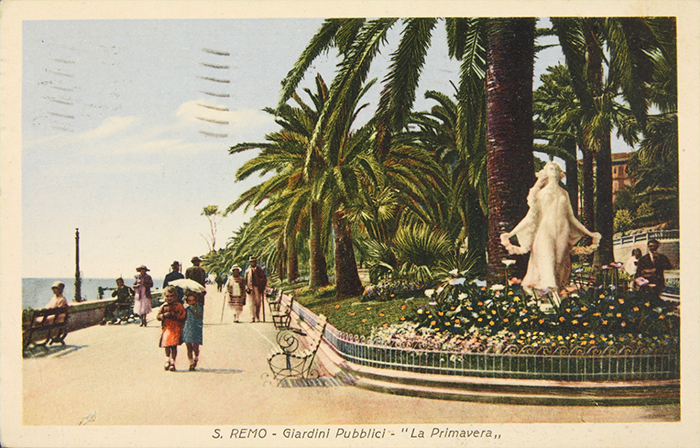
Even though the Library’s buildings have been closed through April 7 due to the coronavirus pandemic, faculty, students and staff can still access a wealth of resources online, and we are ramping up our outreach and remote services. The newly created guide Remote Resources for UC Berkeley Library Users provides an overview of resources available to you:
- Online resources
- Online help 24/7
- Librarian consultations and instruction
- Technology assistance
- Returning and renewing materials (due date for all items due between March 16 and May 31 is now June 1, 2020)
This blog post, which will be updated periodically, aims to highlight online resources for those doing research in the romance languages and literatures within the context of Southern European studies in particular. If you encounter resources of interest not listed please let me know and I’ll add them, especially if they are not included in the directory of library databases or existing library guides for French, Italian and Spanish & Portuguese. See also the e-resources guide for the Caribbean and Latin American Studies.
Book and journal requests are encouraged but the Library is limited to e-formats at this time. And please don’t forget that I remain available for research and reference assistance by email, telephone, chat via Google Hangouts, or Zoom.
Claude Potts
Librarian for Romance Language Collections
Ebooks
Most ebooks in English are acquired through packages with publishers such as Cambridge, JSTOR, Project Muse, ProQuest and are discoverable in OskiCat as well as Start My Search. Here are a few important European ebook platforms that can be explored directly (or individual ebooks encountered through OskiCat):
Cairn ebooks updated 3/26/20
Primarily a journal collection but UCB has has also purchased access to 568 ebooks through Cairn. During the closure, they are providing access to the full catalog of 10,174 ebooks, the Que sais-je? series and also some popular magazines.
Classiques Garnier Numérique
During the COVID-19 crisis, this publisher is generously providing access to digital versions of books we’ve purchased in print, including collections such as Classiques Jaunes, Littérature française, Littératures francophones and more.
Digitalia
Collection of Spanish and Catalan e-books published in Latin America and Spain. To date, the UCB Library has purchased more than 2,700+ titles. To preview the complete list search OskiCat for “Digitalia e-Books UCB access.”
DOAB ![]()
The Directory of Open Access Books is an initiative to increase the discoverability of open access books. Currently, it includes 27,592 academic peer-reviewed books from 377 publishers.
L’Harmathèque
Digital platform for Éditions L’Harmattan which is the largest publisher of French-language ebooks. Search OskiCat for “Harmathèque eBooks” to discover the 1041 titles acquired by the Library.
HathiTrust Emergency Temporary Access Service added 4/3/20 
Current UC Berkeley faculty, staff, and students will be able to take advantage of HathiTrust’s Emergency Temporary Access Service, helping the Library continue to serve its mission even during the COVID-19 pandemic. The service provides view-only access to digital versions of millions of the physical volumes held by libraries across the 10-campus UC system — plus NRLF and SRLF. For more information, read HathiTrust’s guide and FAQ on the Emergency Temporary Access Service.
Humanities E-Book Project (formerly History E-Books Project)
Access to the full text of 5,400 frequently-cited academic books in humanities. (ACLS History E-Books Project – HEB) [1920s – present]
Internet Archive’s National Emergency Library added 3/24/20
A collection of nearly a million and a half digitized books, most still under copyright, in all languages are being made publicly available through June 30, 2020. Up to 10 books at a time can be checked out with the creation of a free account.
OpenEdition Books ![]() updated 3/26/20
updated 3/26/20
A French open access interdisciplinary humanities and social sciences portal with four complementary platforms: OpenEdition Books (ebooks), OpenEdition Journals (scholarly journals), Calenda (academic announcements), and Hypothèses (research blogs). While most of the 9,463 ebooks are available in html, UCB has purchased freemium access to 4,751 ebooks that are now discoverable in OskiCat through the handle “OpenEdition Books.” Purchased titles have been optimized specifically for e-readers, tablets, and smart phones (ePub, PDF, etc.). 700 new titles were recently purchased and freemium access should be turned on by April however during the period of confinement, most books will be available in all formats.
REDIB (Red Iberoamericana de Innovación y Conocimiento Científico) ![]()
A platform for the aggregation of open scientific and academic content in the electronic format produced in the Ibero-American context. Currently 3,199 journals and 852 ebooks.
Torrossa
Casalini Libri’s full text digital platform provides access to 3,161 ebooks, 530 conference proceedings, and 141 journals by major Italian publishers.
Journals
Cairn
The most comprehensive collection of French-language journals in the humanities and social sciences available online. Full text to more than 500 peer-reviewed academic French and Belgian journals, as well as citations for open-access journals, in the humanities and social sciences. [2001 – present]
Dialnet ![]()
Indexes articles, conference papers, book chapters, dissertations and other documents in the social sciences and the humanities published mostly in Spain and to a lesser extent in Latin America. Full text provided to open access content. [2001 – present]
Fabrizio Serra Journals
Collection of more than 50 Italian scholarly journals primarily covering literature, literary criticism, philology, and linguistics. [start dates vary by title; most begin in 2000].
OpenEdition Journals ![]()
Formerly Revues.org is part of OpenEdition, a comprehensive digital publishing infrastructure whose objective is to promote research in the humanities and social sciences. The open access scholarly journal collection includes 534 mostly French but also English, Italian and Spanish titles in the humanities and social sciences. [1999-]
Persée ![]()
Free and open access to French scholarly journals in the sciences, social sciences, and humanities as well as to books, conference proceedings, serial publications, primary sources, etc.
RACO: Revistes Catalanes amb Acces Obert ![]() added 3/24/20
added 3/24/20
A cooperative open access repository of 506 full text scholarly journals.
REDIB (Red Iberoamericana de Innovación y Conocimiento Científico) ![]()
A platform for the aggregation of scientific and academic content in the electronic format produced in the Ibero-American context. Currently 3199 journals and 433 ebooks published by CSIC.
Torrossa
Casalini Libri’s full text digital platform provides access to 3161 ebooks, 530 conference proceedings, and 141 journals by major Italian publishers including Fabrizio Serra Editore.
Digital libraries and other online collections
- Biblioteca Digital Hispánica (BNE)
- Biblioteca Nacional de Portugal (BN)
- Biblioteca de Catalunya
- DART-Europe E-theses Portal
- e-Helvetica (Swiss National Library)
- Center for Research Libraries (CRL)
- Europeana
- Gallica (BnF)
- HathiTrust Digital Library
- Internet Culturale (Biblioteca digitale italiana)
Database Trials
RetroNews added 4/15/20
The UC Berkeley academic community will have access to a 60-day trial of RetroNews. While much of this historical French language news collection is freely available through Gallica, the advanced functionality and added content is only available to subscribers. The collection features over 600 newspapers, journals, magazines and reviews, published between 1631 and 1950: the most important titles of the daily press (Le Petit Parisien, Le Journal, Le Matin) but also periodicals of the political spectrum, regional publications and satirical magazines. Every day, articles, documentary series, video and audio content retrace historic events and their reception by the contemporary press.
